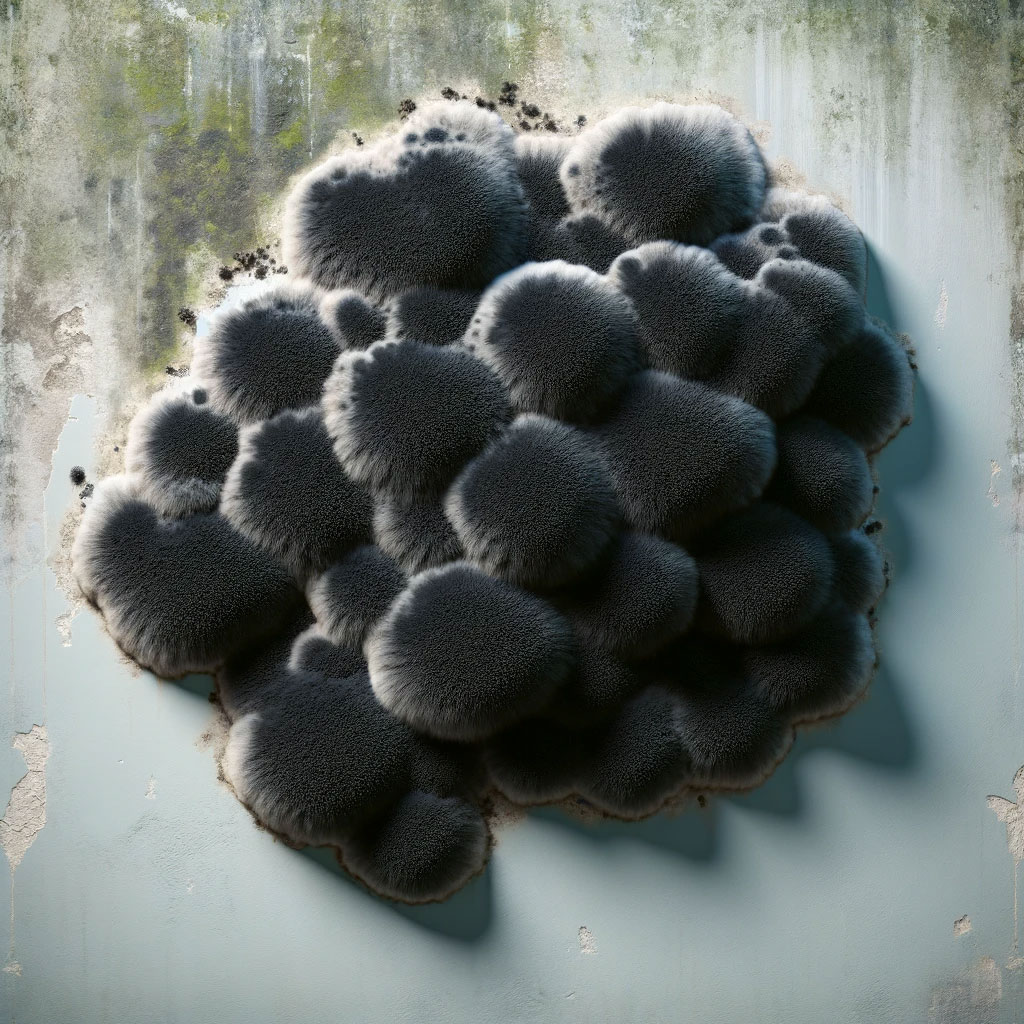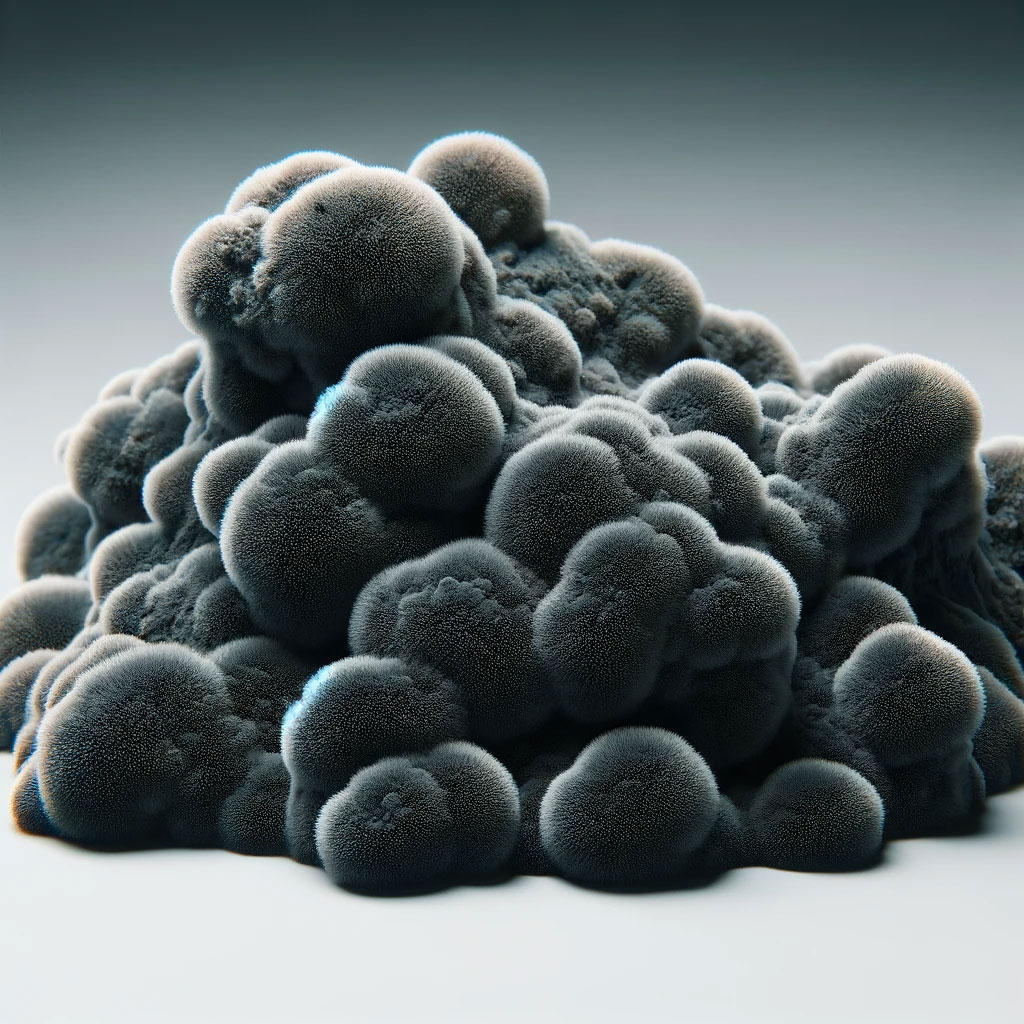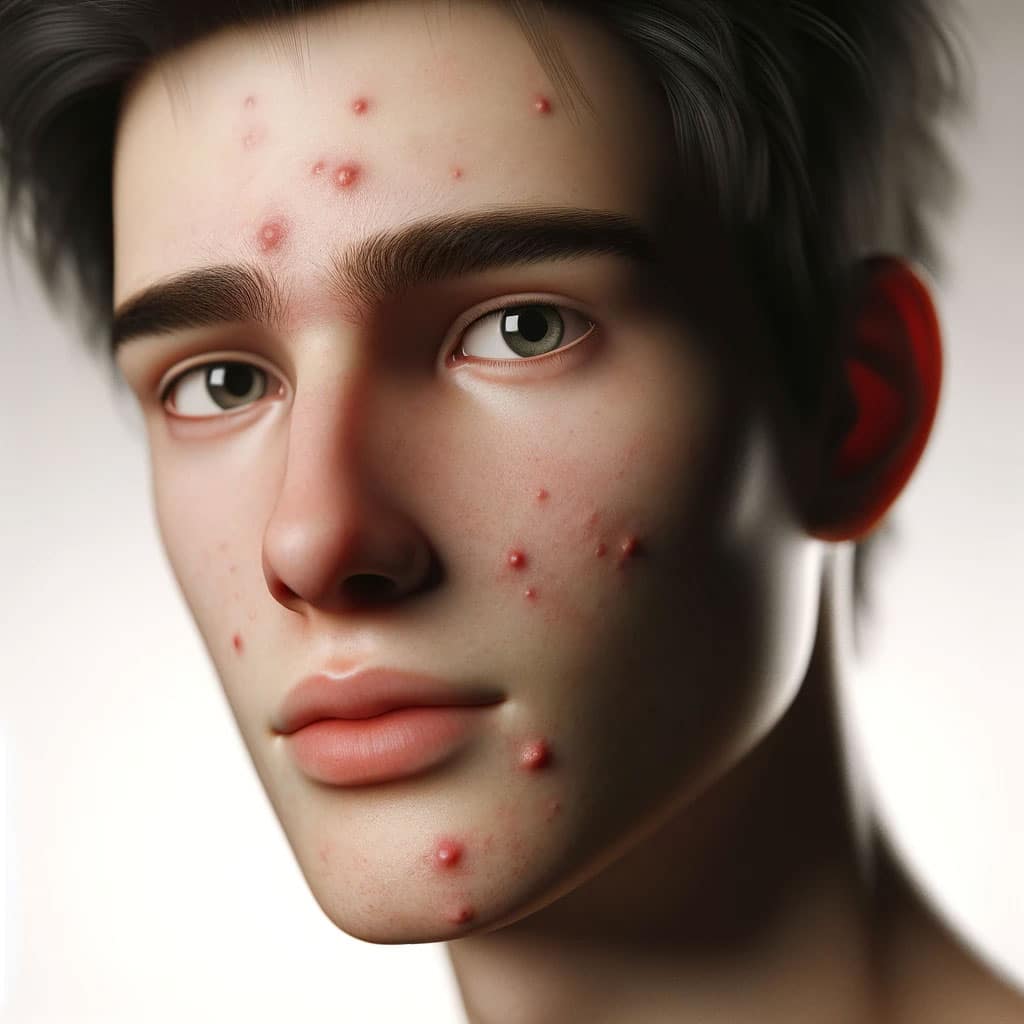Acne is a common skin condition that affects millions of people worldwide. It is caused by a variety of factors, including hormonal changes, genetics, and environmental factors. One such environmental factor that has been linked to acne is black mold. While the link between black mold and acne is not well understood, there is evidence to suggest that exposure to black mold may contribute to the development of acne.
Key Takeaways
- Black mold is a type of fungus that grows in damp and humid environments.
- Exposure to black mold can exacerbate existing skin conditions, including acne.
- Preventing black mold growth and consulting with a healthcare professional are important steps in avoiding the potential health effects of black mold.
Understanding Black Mold

Black mold, also known as Stachybotrys chartarum, is a type of fungus that can grow in damp and humid environments. It is commonly found in areas with water damage, such as leaky pipes, roofs, or windows. Black mold is a slow-growing mold and can take weeks or months to develop.
Characteristics of Black Mold
Black mold is typically black or dark green in color and has a slimy texture. It thrives in areas with high humidity and moisture, and it can release spores into the air that can cause health problems when inhaled or when they come into contact with the skin. These spores can cause allergic reactions, respiratory problems, and other health issues.
Common Habitats for Black Mold
Black mold can grow on a variety of surfaces, including wood, drywall, and carpet. It is commonly found in areas with water damage, such as bathrooms, kitchens, and basements. It can also grow in areas with poor ventilation, such as attics and crawl spaces.
To prevent black mold growth, it is essential to address any water damage immediately and to maintain proper ventilation in areas prone to moisture. Regular cleaning and maintenance can also help prevent black mold growth. If you suspect black mold in your home, it is recommended to contact a professional for removal.
Black Mold Exposure and Health

Health Effects of Black Mold
Black mold exposure can cause a variety of health problems, including respiratory issues, allergies, and skin irritation. When individuals inhale or come into contact with black mold spores, they may experience symptoms such as coughing, wheezing, and shortness of breath. Additionally, black mold can trigger allergic reactions, causing sneezing, runny nose, and itchy eyes.
Exposure to black mold can also lead to skin irritation. When mold spores come into contact with the skin, they can cause rashes, hives, and other types of skin irritation. These symptoms may be more severe in individuals who are allergic to mold.

The Connection Between Black Mold and Acne
While black mold exposure is not a direct cause of acne, it can contribute to the development of acne in some individuals. Mold exposure can cause inflammation in the body, which can lead to a variety of skin problems, including acne. In addition, certain types of mold, such as black mold, produce mycotoxins, which can disrupt hormonal balance in the body. Hormonal imbalances can contribute to the development of acne in some individuals.
If an individual suspects that their acne is related to black mold exposure, they should seek medical advice. A healthcare professional can help determine the underlying cause of the acne and provide appropriate treatment. Additionally, individuals who suspect that they have been exposed to black mold should seek professional mold remediation services to remove the mold from their environment and reduce the risk of further health problems.
Prevention and Remediation
Preventing Black Mold Growth
Preventing black mold growth is the best way to avoid its negative effects on the skin. Here are some tips to prevent black mold growth:
- Keep humidity levels low: Black mold thrives in humid environments. Keeping humidity levels below 60% can help prevent its growth.
- Fix leaks: Leaks in pipes, roofs, or windows can create a moist environment that is perfect for mold growth. Fixing leaks as soon as possible can help prevent mold growth.
- Use exhaust fans: Exhaust fans can help remove excess moisture from bathrooms, kitchens, and laundry rooms.
- Clean regularly: Regular cleaning can help prevent mold growth. Use a mold-killing solution to clean mold-prone areas such as bathrooms, kitchens, and basements.
Remediation Techniques for Black Mold
If black mold is already present, it is important to remediate it as soon as possible. Here are some techniques for black mold remediation:
- Containment: The first step in black mold remediation is to contain the affected area to prevent the mold spores from spreading to other areas of the house. This can be done by using plastic sheeting and duct tape to seal off the affected area.
- Removal: Once the area is contained, the mold can be removed. This can be done by using a mold-killing solution or by removing the affected materials (such as drywall or carpeting) and replacing them.
- HEPA vacuuming: After the mold is removed, the area should be HEPA vacuumed to remove any remaining mold spores.
- Prevention: To prevent the mold from returning, it is important to fix any leaks, maintain low humidity levels, and clean regularly.
By taking these preventative measures and using these remediation techniques, individuals can reduce their risk of black mold exposure and the potential negative effects it can have on the skin.
Consulting Healthcare Professionals

If you suspect that black mold exposure is causing your acne, it is advisable to consult a healthcare professional. A dermatologist or an allergist can help you determine if your acne is related to black mold exposure or if it is caused by other factors.
During your consultation, the healthcare professional may ask about your medical history, including any allergies and previous exposure to mold. They may also perform a physical examination of your skin to determine the severity of your acne.
If the healthcare professional determines that your acne is related to black mold exposure, they may recommend treatment options such as topical creams or oral medications. They may also advise you to avoid exposure to black mold in the future.

